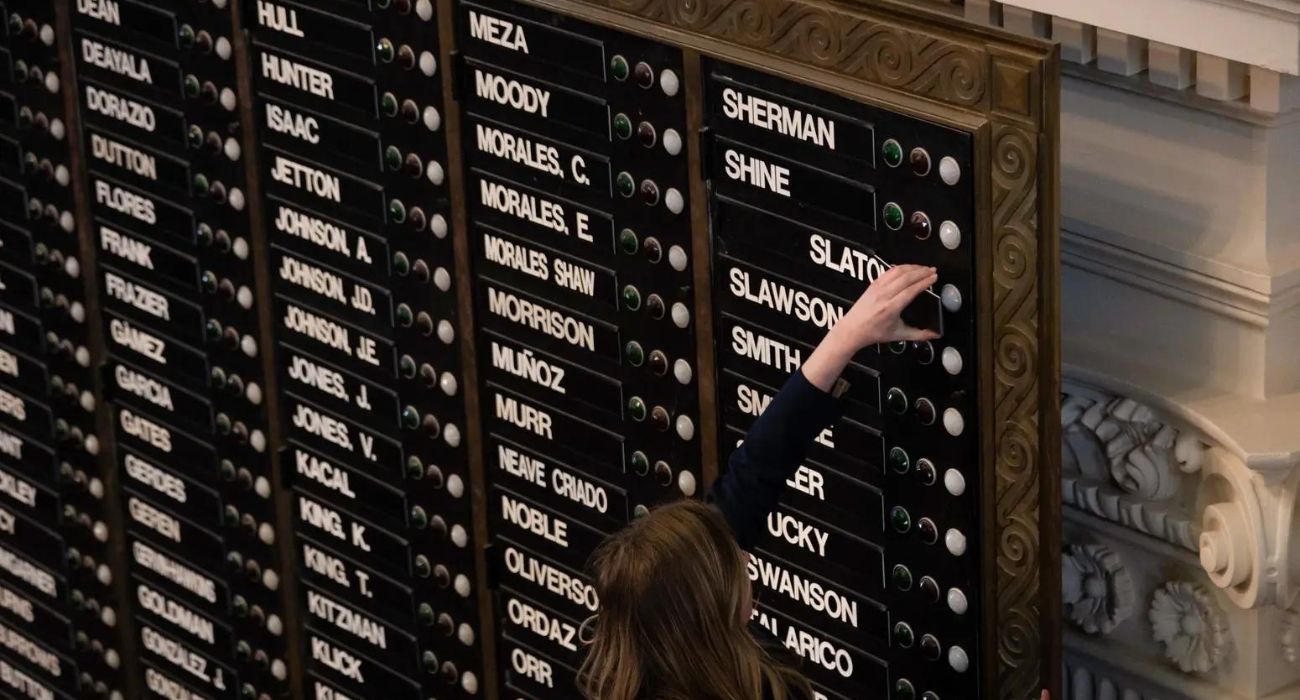The City of Dallas has been embroiled in an extensive dispute with its employee retirement fund.
Texas Attorney General Ken Paxton weighed in on this debate last week when he filed an amicus brief in the Supreme Court of Texas.
This filing seeks “to roll back powers that were unlawfully granted to an unelected body that oversees Dallas’s municipal employees’ retirement fund,” according to a press release on March 23 from the attorney general’s office.
The Employees’ Retirement Fund of the City of Dallas (ERF) was established by the City Council through an ordinance passed in 1943.
But a provision later added to the ordinance orders that any changes to the code governing the ERF must be approved by the ERF’s board of trustees.
Paxton claims that this provision violates the Texas Constitution.
“This functionally gave an unelected body of seven individuals veto power that is neither warranted nor lawful,” his office’s press release said.
The board is composed of seven members — three appointed by the City Council, three elected by City employees, and the City auditor.
In 2016 and 2017, the City of Dallas attempted to impose term limits on board members, but that action was challenged by the ERF board.
“The ERF board, comprised of unelected individuals, improperly maintained that the City required their approval to do so,” said Paxton. “The ERF board then sued, arguing that the term limits are unlawful amendments that the board does not approve.”
The Texas Supreme Court agreed to hear this case last month and is currently reviewing it.
The attorney general’s amicus brief outlines the argument for why delegating veto power to the ERF board violates the Texas Constitution and should be reversed.
“In sum, ERF has pointed to no clear statement from the Legislature giving the city council the extraordinary power to bind its hands regarding the structure of its pension plan (or anything else relevant to this case),” the brief concludes.
“In the absence of such a clear statement, the Court should conclude that no such power exists, that Dallas’s current city council may amend the acts of its predecessors, and that the term limits imposed on ERF’s board are valid.”
The Dallas Express reached out to the City of Dallas for comment but received none by press time.
The Dallas Express also contacted the ERF for comment and was directed by David Margulies of the Margulies Communications Group to a statement that can be read in full here.
The statement notes that the Fifth District Court of Appeals has ruled in favor of the ERF and “made it clear that the ERF’s trust document can only be amended by a three-step process with an ordinance initiated by either the board or city council that is then approved by both those bodies and the voters.”
“The court ruled that the city cannot circumvent this process if it wishes to impose term limits on the elected board members,” the statement continues, arguing that this case is about whether the City can alter governing documents without voter approval.
The ERF claims that if the City and the attorney general “prevail, they will have undermined the structure of the plan and robbed voters of their voice in its administration.”
Local attorney James Mongaras said, “There is no reason that this issue could not have been trusted to the voters in the past or could not be put to the voters in a future election.”
“If voters want term limits ERF will not oppose that decision,” he continued.
The statement concludes by saying the upcoming litigation will cost local taxpayers $1.3 million in legal fees and advocates for the issue to be put before Dallas voters.







Paxton will get his Retirement but the Police, teachers, firefighters and other essential workers want.
Pitiful, this is what you get when you don’t vote.
“Paxton will get his Retirement but the Police, teachers, firefighters and other essential workers want. (sic)”
What evidence do you have to support that statement?
Can you explain how teachers, who are not part of this fund will be short-changed?
Saying things does not make them true.